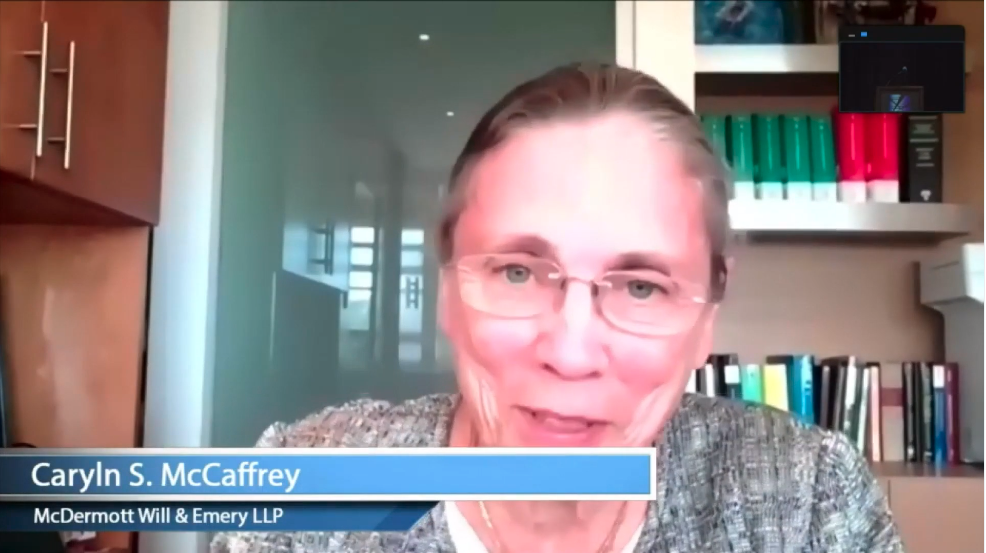Caryln S. McCaffrey
This session will focus on the use of trusts that are foreign trusts for U.S. tax purposes but domestic trusts for state law purposes. They have U.S. trustees and are created under the laws of one of the states of the United States. Despite their substantial presence in the United States, U.S. income tax law treats them as foreign because a foreign person holds one or more powers over the trust. This type of trust is likely to be an attractive wealth transmission device for the increasing number of non-U.S. persons who are seeing their children move to the United States on a long term or permanent basis. We will discuss best ways to structure such a trust, how it should be administered during its foreign grantor’s life, methods of avoiding U.S. estate tax at the grantor’s death, how to achieve a basis adjustment for trust assets when the grantor dies, and how best to take advantage of the trust’s foreign status after the grantor’s death.
Caryln S. McCaffrey Read More »


